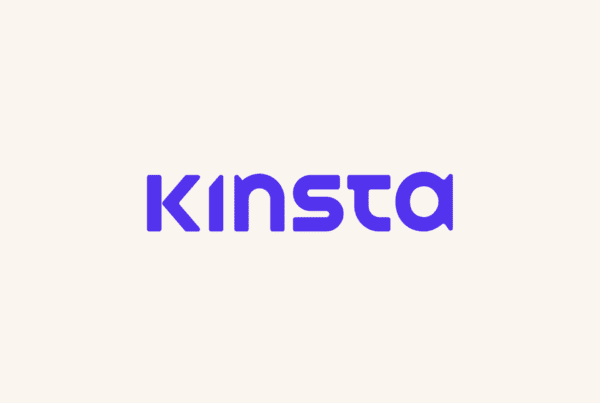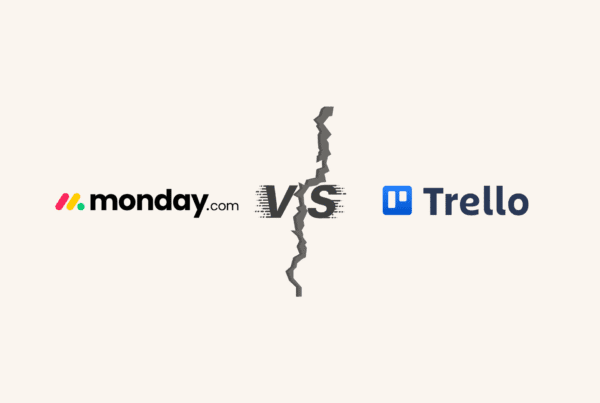Updated: 25 September 2025 • 8 minutes Read
When we first start selling online, we won’t think platform choice would matter that much. We, as a startup, surely want something affordable, something “just working”, and maybe a simple and nice design.
In this post, I’m comparing Shopify vs WooCommerce—not just features on paper, but what really matters if you want growth, stability, and peace of mind for your online store (and yes, I’ll share which one I recommend, and why).
What Are Shopify & WooCommerce?
- Shopify is a hosted e-commerce platform.
Everything from hosting, payment, security, updates, etc., is handled. You pay a subscription, pick a theme, add products, and go.
- WooCommerce is a plugin for WordPress.
It’s free to install, but to make it a full-featured store, you often need hosting, plus additional plugins for payment gateways, security, shipping, etc.
What We Should Think When Choosing
Before comparing, here are the key criteria I believe any serious store-owner should consider:
- Total Cost — not just monthly fees, but hosting, maintenance, plugin/app costs, and developer time.
- Ease of Use & Time to Market — how fast you can launch, and how much effort and/or technical skill are needed.
- Features, out-of-the-box features, available apps and or extensions, flexibility.
- Security, Stability, Reliability — uptime and security updates.
- SEO, Customisation & Control — how much control do you have over things such as site speed, layouts and SEO structure.
- Support & Learning Curve — documentation, community, third-party help.
Shopify vs WooCommerce
Shopify |
WooCommerce |
|
Cost |
Monthly subscription + built-in hosting, SSL, and payments. Less need for external plugins or developer help for many basic to intermediate store needs. Hidden costs are fewer. |
The WooCommerce plugin is free. But you’ll need good hosting, a domain, SSL, payment gateways, and possibly premium themes & plugins. As your store grows, some of these costs rise sharply. |
Ease of Use / Setup |
Very streamlined. Usually, “out of the box” launch in hours. Dashboard is intuitive. Minimal technical overhead. |
Since it’s WordPress + plugin, setup is more involved. You’ll pick hosting, manage updates, and fix plugin conflicts. Technical knowledge helps. |
Features & Functionality |
Strong built-in features: good theme store, app marketplace, built-in payments, built-in tools for marketing, multi-channel selling, etc. The trade-off is less “deep code control” out of the box. |
Very flexible. Because you own your code & hosting, you can extend things deeply. However, flexibility often means you are responsible for ensuring compatibility between plugins and paying for them. |
Security & Reliability |
Shopify handles security, updates, PCI compliance, and infrastructure. Uptime tends to be better. You have less to worry about. |
Depends heavily on your host, plugins, and your own maintenance. Vulnerabilities can creep in via third-party plugins, outdated PHP, etc. Uptime can vary. |
Customization & SEO |
Because you run on WP + WooCommerce, you have more control over hosting, code, speed, and structure. You can optimise heavily, use custom themes, etc. But high performance depends on your skill/host. |
|
Support & Community |
24/7 support, a well-structured app store where apps are vetted, and a partner network (experts/agencies) to help. Less “DIY troubleshooting” needed. |
Huge community, many plugins, many developers. But when things break (plugin conflict, hosting issues), you often need to fix or hire help. |
Scalability & Growth |
Can scale, but cost & maintenance scale too. Big traffic or sales might mean you invest in better hosting, caching, more robust plugins, better security, etc. |
My Experience: What I Liked vs What I Struggled With
To make this less abstract, here are some of my real experiences:
With WooCommerce, I once spent half a day figuring out a plugin conflict, and also found that some “cheaper” hosting plans felt fine early on, but when traffic rose, page load times and server issues became a bottleneck.
On Shopify, I appreciated how everything just updated automatically. Themes and apps seemed more “plug-and-play”. I didn’t have to worry about server crashing or plugin conflicts. On the flip side, with Shopify, I gave up some of the deep customisation I could do on WooCommerce. Sometimes, if I wanted a layout tweak or custom functionality, I needed to pay for an app or hire a developer.
However, for what most store owners need, Shopify’s trade-off is very reasonable.
Who’s Best Suited for Each Platform
If you are |
WooCommerce
might work if you… |
Shopify
is probably better if you… |
Just starting/low budget |
You are comfortable managing hosting and don’t mind technical learning, or have access to help. |
You prefer something simpler, with predictable costs and less maintenance, and you want to focus on business rather than tech. |
Want maximum customisation/design freedom |
You really want to control every aspect: code, performance, server setup, etc. |
You want many theme/app options, but don’t want to maintain your own server or worry about plugin compatibility. |
Scaling fast/expecting growth |
You’re willing to invest in hosting, caching, better infrastructure, and maybe hire developers. |
You want reliability, uptime, lower risk, and easier scaling without lots of headaches. |
Concerned about security & stability |
You are hands-on, good with web security, updates, and backups. |
You’d prefer security, compliance, and infrastructure to be handled by someone else. |
What I Would Do If Starting Again
If I were launching a store today, knowing what I know now, I would go with Shopify for most cases. The reduced risk, time savings, reliability, and lower maintenance overhead would more than offset the slightly higher costs in some areas. Unless I had very specific, unique needs (high custom code, extremely bespoke functionality), Shopify gives me more breathing room to focus on marketing, products, customer experience—rather than server setups, plugin conflicts, and “backend fires”.
Conclusion & My Recommendation
If you’re deciding between Shopify and WooCommerce, here are my final thoughts:
Shopify offers many small to medium online stores a more predictable, stable, and lower-stress path. WooCommerce makes sense if you love being hands-on, want deep customisation, or have the technical team to handle maintenance and performance optimisation.
If you value reliability, less technical overhead, scalability, and predictable costs, go with Shopify.
Ready to get started? If you want peace of mind and a platform that just works, you can try Shopify today with their free trial. Try Shopify for free.

Topics: Reviews
Don’t forget to share this post!


